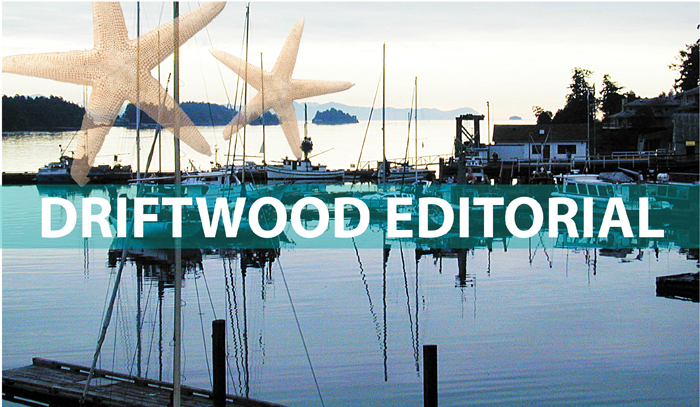The scene at last week’s Salt Spring Local Trust Committee meeting was a familiar one.
The room was filled with people hoping to convince trustees to take a specific course of action. In this case they wanted trustees to deny a development permit to the Vortex project in Fulford.
But as trustee Laura Patrick pointed out at the beginning of the discussion, the LTC is constrained by the fact that the property is zoned for tourist accommodation and a restaurant. Local land-use authorities such as the Islands Trust cannot stop a property owner from using their zoning, whether it allows a single-family home or a 17-unit resort. Or they can’t stop it without inviting a lawsuit.
Unfortunately, most of the opponents did not remain in the hall to hear that explanation or anything else trustees, staff or property owner David Fullbrook, who lives a couple of kilometres away from the Vortex site, had to say.
One thing they would have heard is that the septic system is state of the art (and no doubt of less impact to the receiving environment than old septic fields of properties along Fulford Creek) and that new development permit conditions add extra layers of groundwater protection.
It’s easy to say that any development is bad and shouldn’t take place. But it is not a realistic position to take without amendments to private property law, and it always comes from a place of hypocrisy to some degree if expressed by a person who has already exercised the zoning potential of their own property.
Transformation of the former Fulford Inn property into a park and rehabilitation of the creek and estuary would be wonderful, of course. That would start with a purchase of the property and need commitment from the provincial government after that. Fullbrook said last week that no one had reached out to him about buying the property for preservation purposes.
The Islands Trust mandate and reason for its creation almost 50 years ago saddles it and its elected officials with an unrealistic public expectation that they have special powers to “stop” environmental degradation and development of private property. In fact, they have no more practical tools to do that than any other local government in this province.
What Islands Trust staff and trustees did last week in ensuring the septic system is as low-impact as possible and facilitating a better location for it was an example of using those tools in a responsible way.

